The recommended daily dose contains:
- Rosehip 600,000 mg
- Bromelain 100,000 mg
- Vitamin E (D-alpha-tocopheryl acetate) 75,500 mg
- Devil's Claw 40,000 mg
- Hyaluronic acid 20,000 mg
- Collagen from cartilage 15,000 mg
- Zinc 10,008 mg
- Selenium (from selenium yeast) 0,184 mg
Rosehip
Rosehip (Rosa canina L.) has countless benefits for human health, tone and nutrition. Contains Vitamin C, A, E, P, B1, B2, K, essential fatty acids Omega-3 and Omega-6, flavonoids, etc. Rosehip is a powerful antioxidant whose strong anti-inflammatory properties are used to maintain and restore joint mobility and relieve pain and discomfort in arthritic conditions. In addition, rosehip is known for its positive influence on the skin, blood vessels and the gastrointestinal system.
|
Bromelain
Bromelain is a bioactive natural enzyme extracted from the stem and fruit of pineapple that breaks down proteins in the human body. Also known as the "healing miracle for joints", bromelain has a strong anti-inflammatory effect on arthritis, joint injuries and sprains. Bromelain facilitates the absorption of substances accepted by the body, as its beneficial properties also favor the digestive system, contribute to the dilution of blood, the removal of bruises and blood clots, and have a powerful strengthening effect on the immune system.
|
Vitamin E (D-alpha-tocopheryl acetate)
Vitamin E is best known as a fat-soluble "free radical scavenger." Just like vitamins A and C, it protects the body's cells against aggressive oxygen compounds and toxins in the environment. Vitamin E can thus delay premature aging and prevent cell damage leading to disease or even cell degeneration. Due to its protective effect, vitamin E, which in the language of chemistry is called D-alpha-tocopheryl acetate, is widely used in cosmetics. It also plays an important role in protein and fat metabolism. Vitamin E supports the functioning of the cardiovascular system in two ways. First, it helps reduce "bad" cholesterol, and thus has a positive effect on blood vessels. Second, it prevents red blood cells from sticking together and thus improves blood circulation. Since vitamin E also has an anti-inflammatory effect, it can help relieve rheumatic pain. Vitamin E is formed exclusively in plants and starts from there along the food chain. Signs of vitamin E deficiency are skin problems, muscle weakness, degeneration and a higher susceptibility to infections. Supplementing the daily diet with vitamin E can be conveniently and easily implemented through nutritional supplements.
|
Devil's Claw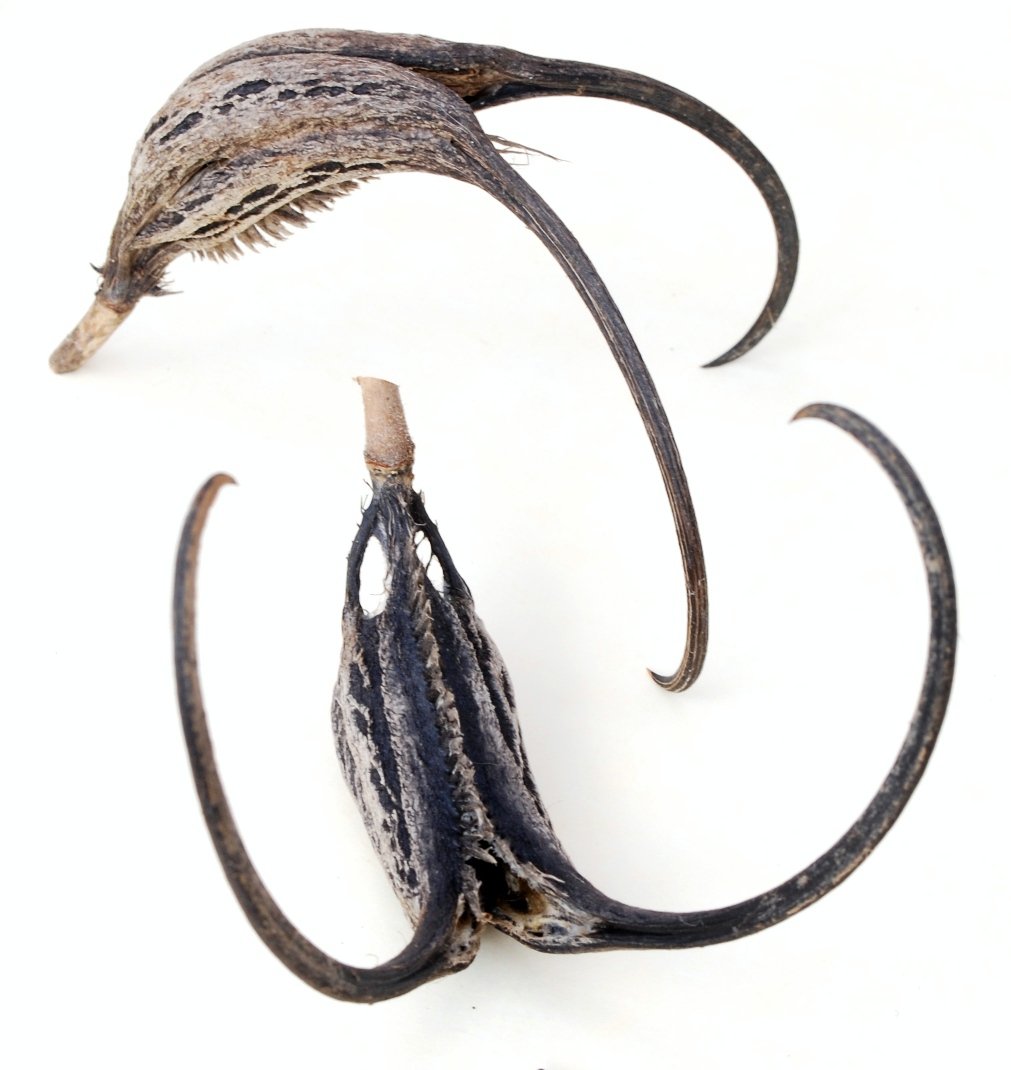
Devil's claw (Harpagophytum procumbens) is a South American plant known for its ability to relieve pain in inflamed joints and help preserve their mobility. It is used for muscle and tendon pain, reduces inflammation and relieves back and neck pain.
Devil's claw gives positive results for digestive problems and high cholesterol.
|
Hyaluronic acid
Hyaluronic acid makes up the intercellular substance in mammals and can be found in many human organs and tissues - the skin, heart valves, vitreous body of the eye, articular cartilage and synovial fluid, in connective, epithelial and nervous tissue, etc. Hyaluronic acid is an important structural component of articular cartilage, where it is presented as a sheath around each chondrocyte. It suppresses inflammation and reduces the inflammatory reaction in rheumatoid arthritis, maintains the good condition, flexibility and comfort of joints and tendons. In addition, it is extremely useful for maintaining the elasticity of the skin, for good vision and healthy gums.
|
Collagen from cartilage
Collagen is a major component of articular cartilage and connective tissue and is key to their proper functioning. Taking collagen helps maintain bones, connective tissue, joint cartilage and skeletal muscle. It reduces joint damage due to oxidative stress and facilitates their mobility.
Collagen has a pain-relieving effect and helps strengthen ligaments and tendons. It is used as an aid in the treatment of arthritis, arthrosis and discopathy, as it has a strong stimulating effect on cartilage regeneration. In addition, collagen has an extremely beneficial effect on the health of teeth and eyes and on skin elasticity and firmness.
|
Zinc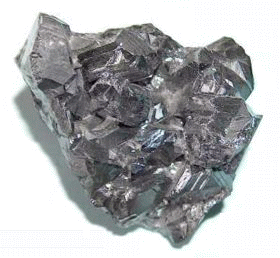
Zinc is involved in the metabolism of proteins, lipids and carbohydrates. It is very important for the production of collagen. It contributes to the formation of a network of fibers that capture red blood cells and thus accelerates the healing of wounds. Protects against premature aging. supports the immune system, the good condition of the skin and hair. It has a beneficial effect on the genitals. Zinc is also a powerful antioxidant. In combination with vitamin A, it supports vision.
|
Selenium (from selenium yeast)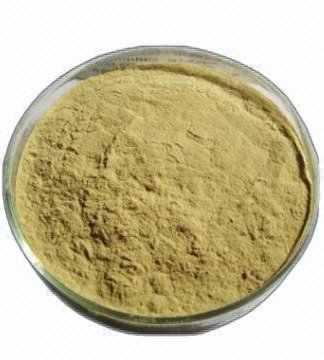
Selenium is one of the most important trace elements necessary for our body. It is a co-factor in a number of enzymes that protect cells from the toxic action of peroxide radicals. This determines its antioxidant effect. In recent years, selenium deficiency has been considered as a possible etiological factor in some cardiovascular diseases, which is caused by the destruction of cell membranes by free radicals in selenium deficiency. It reduces the risk of cancer. It facilitates the removal of heavy metals from the body, including cadmium and arsenic, so it is necessary for smokers and residents of large cities. It slows down the aging of tissues, including the skin, making it smooth and tight. It is also important for eye health. In menopausal women, it relieves attacks of hot and cold flashes. When used simultaneously with vitamin E and provitamin A (beta carotene), they mutually enhance their effect.
|

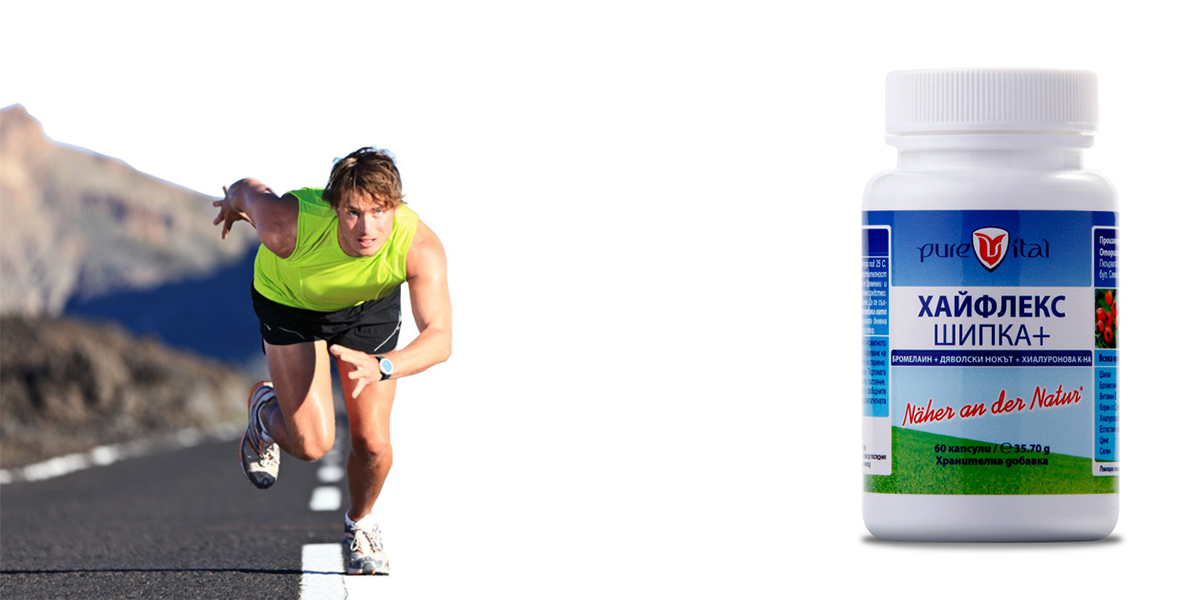
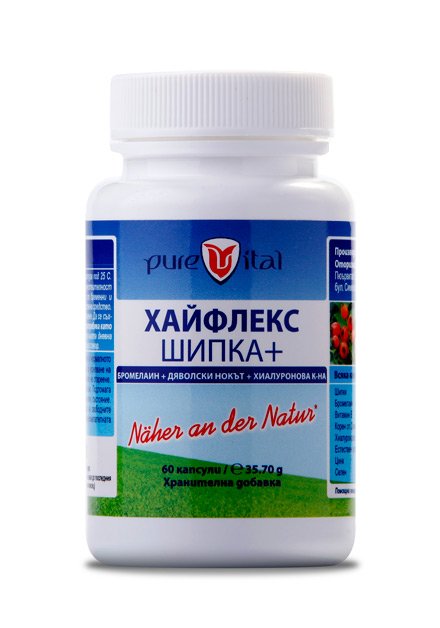

There are no reviews yet.